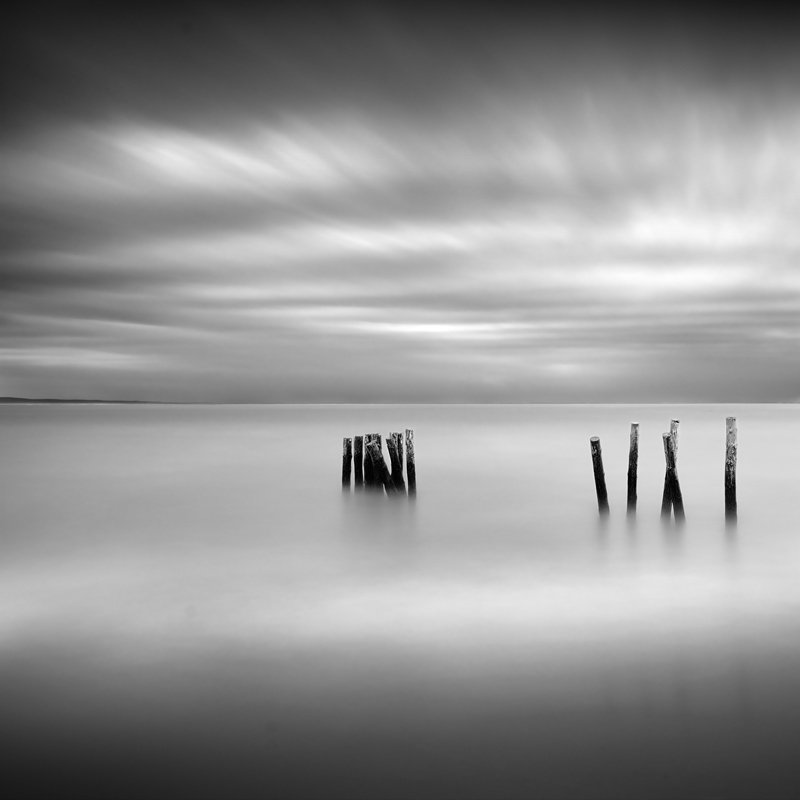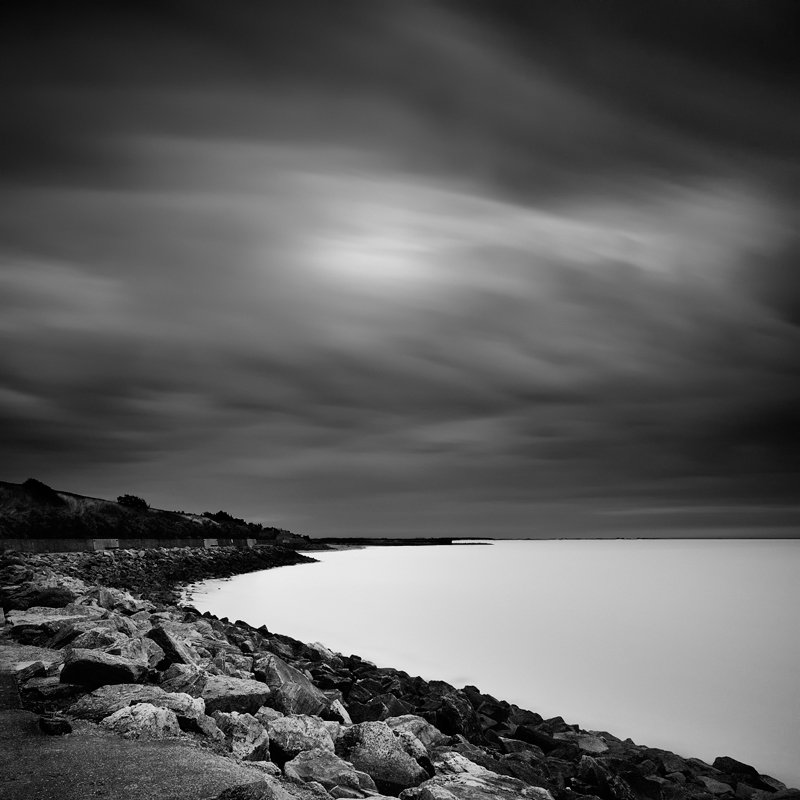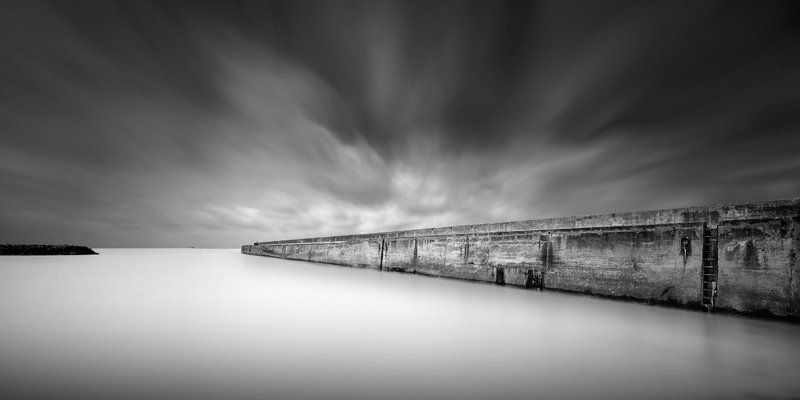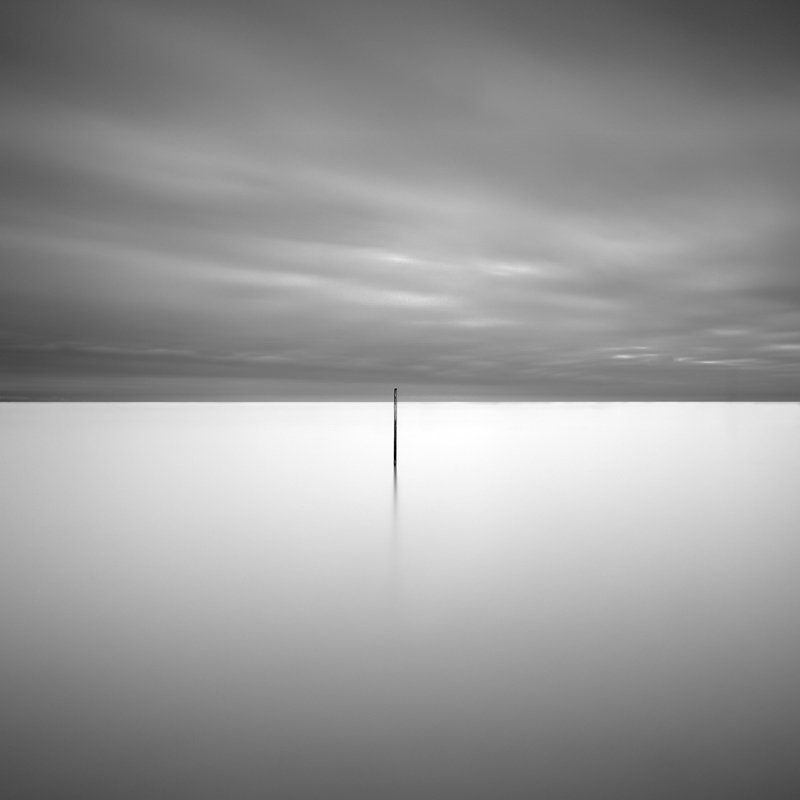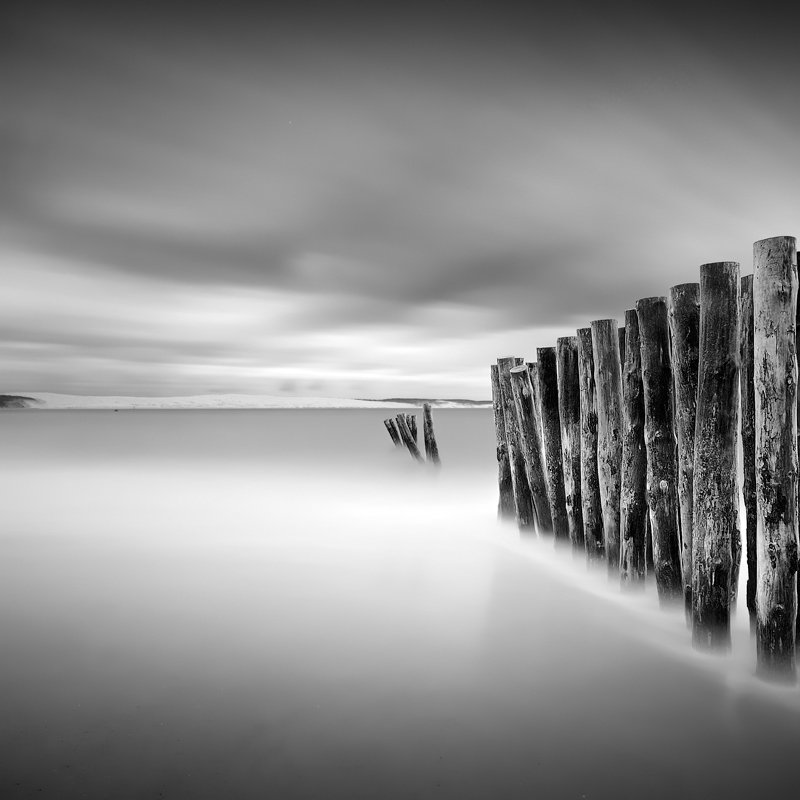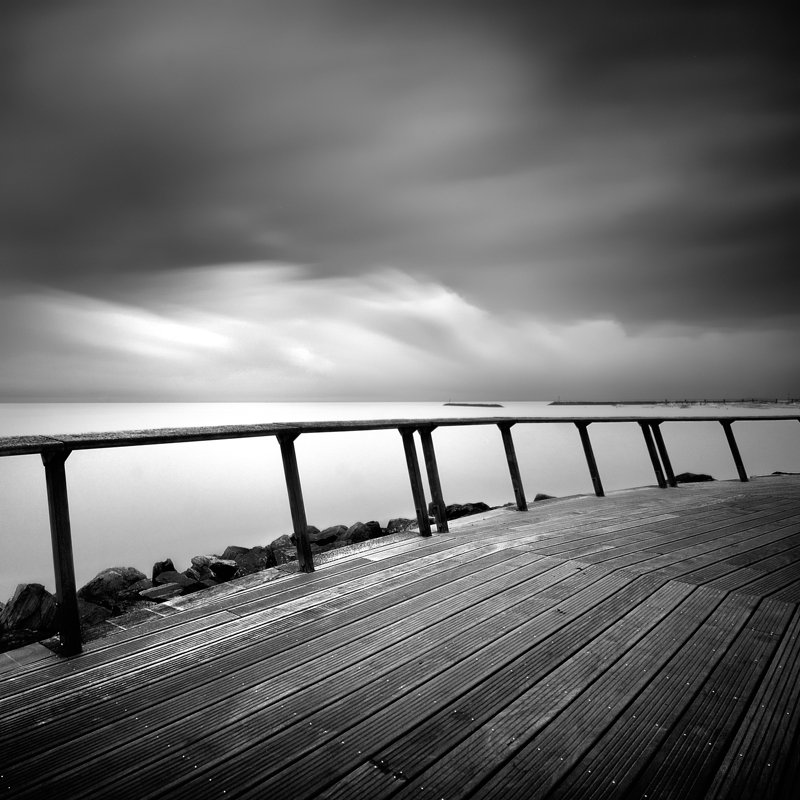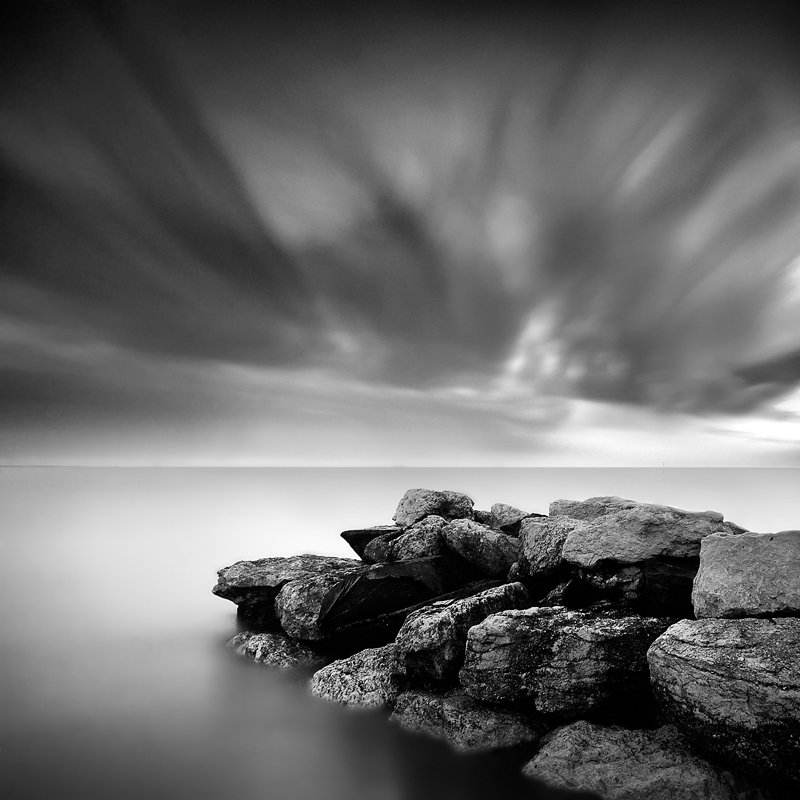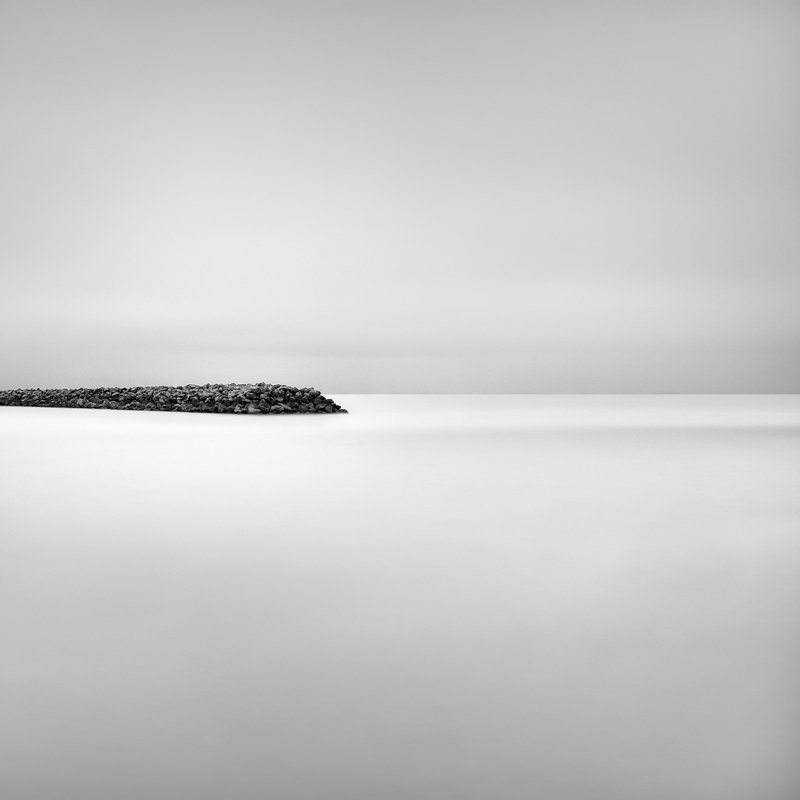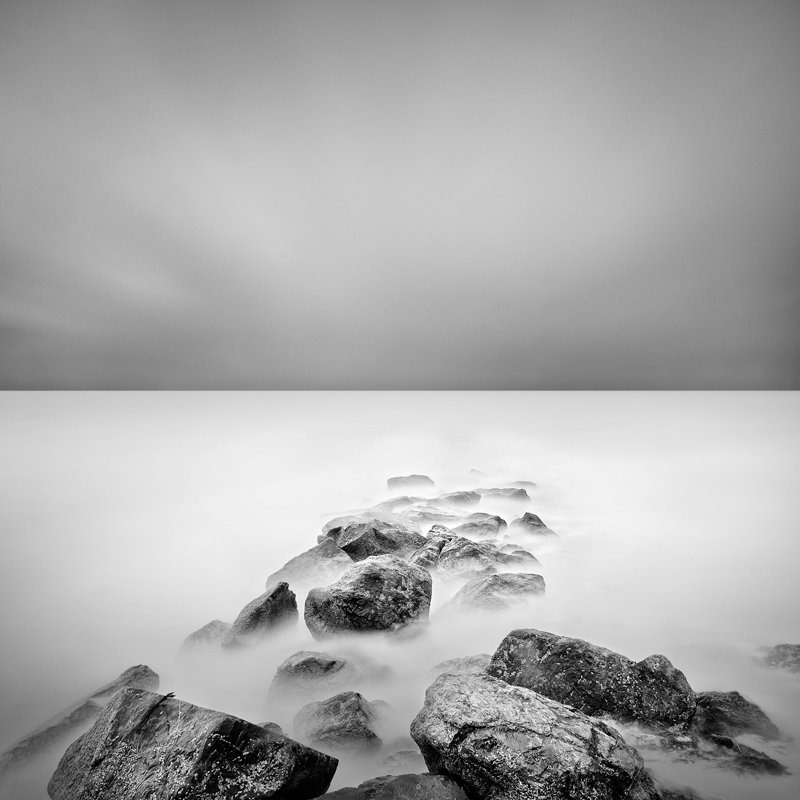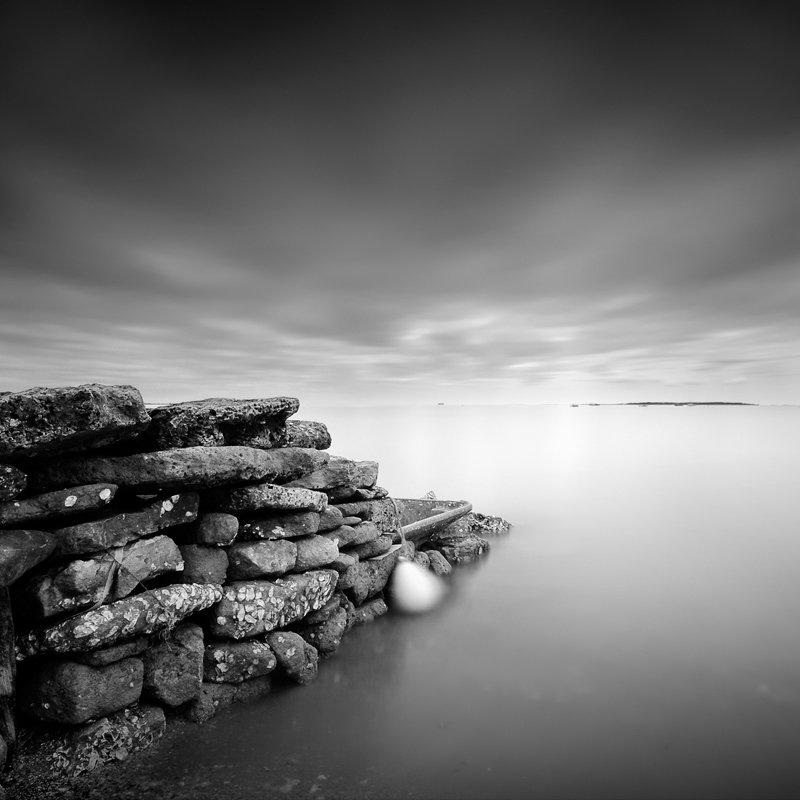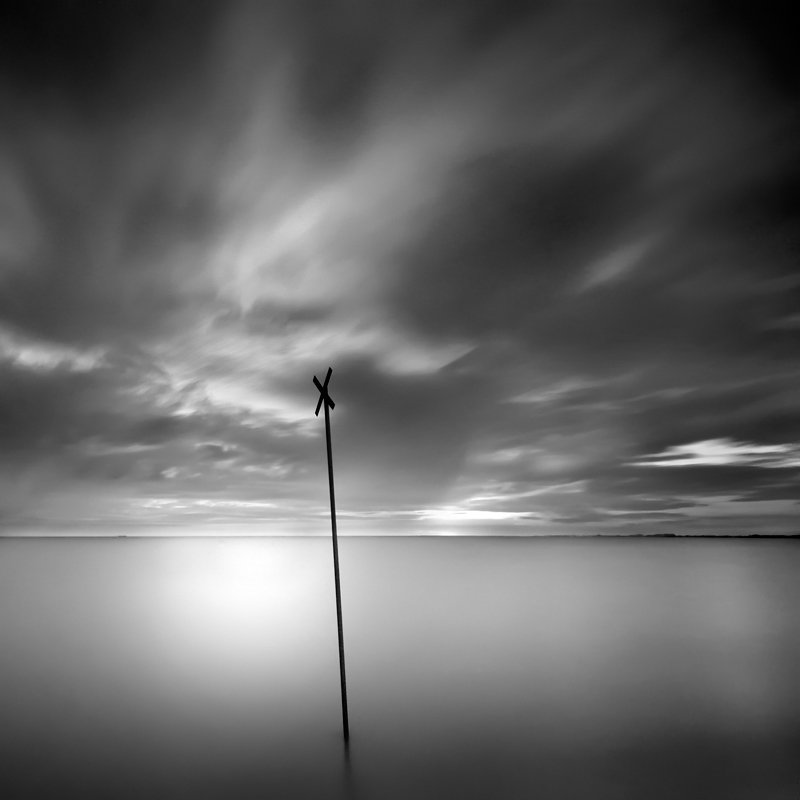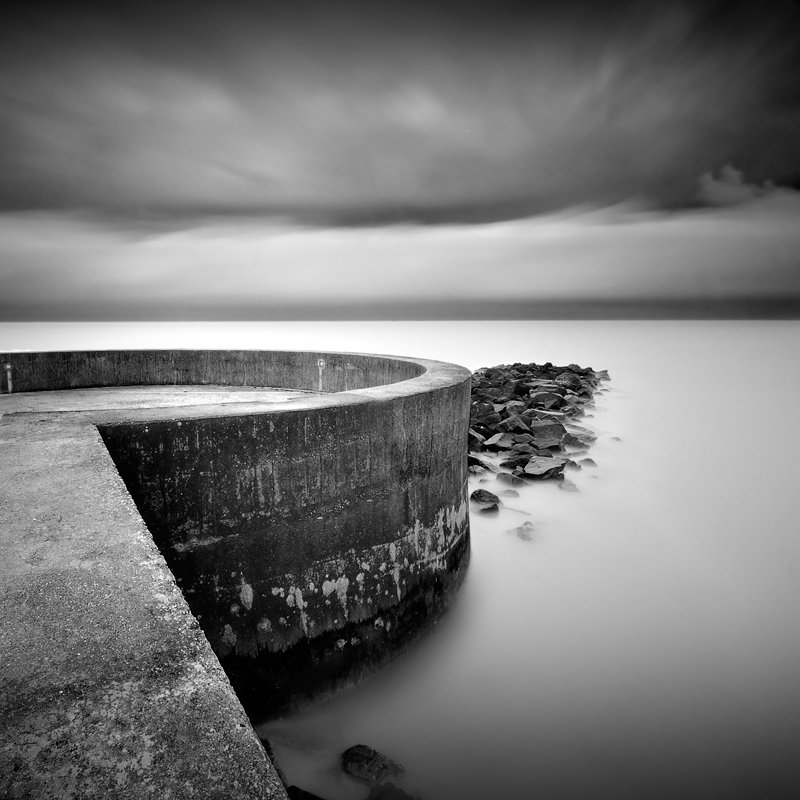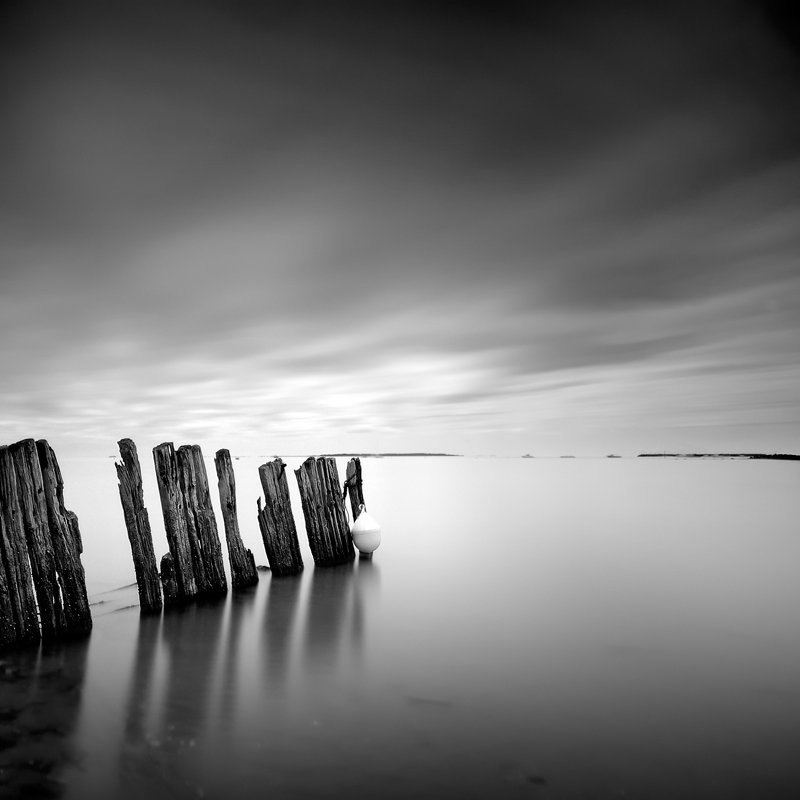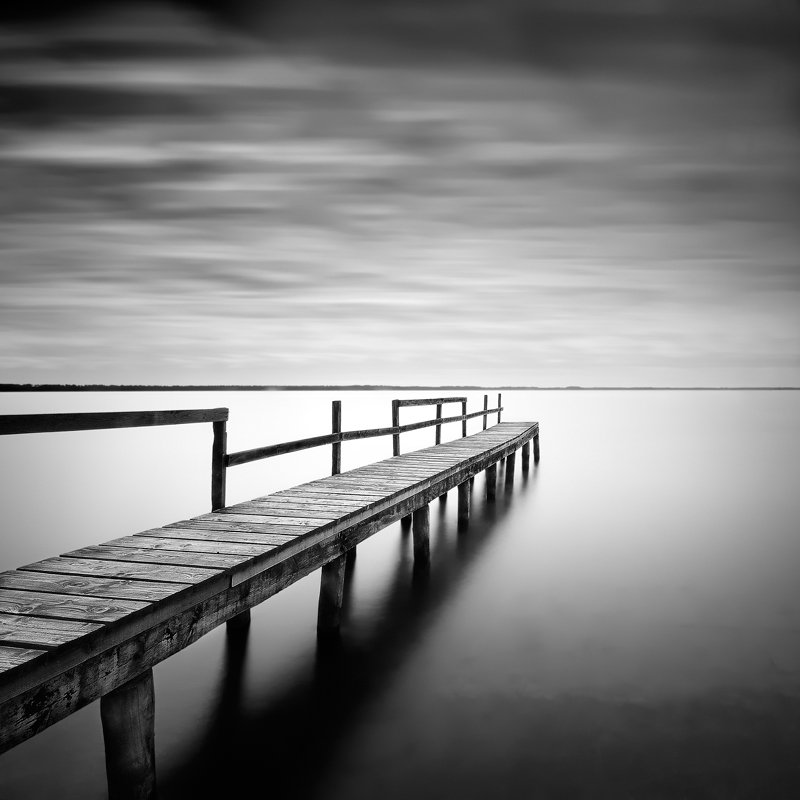To Capture The Time by Damien Vassart Photography
Damien Vassart is a passionate cityscape and waterscape photographer based in Paris, France.
Beyond a simple aesthetic side, the art of Damien Vassart is also driven by his fascination for passing time, and impacts it has upon the natural and non-natural elements that make part of the world surrounding us.
In the interview below Damien combines stunning imagery with practical advices on his breathtaking and fulfilling experience.
Tell us about something about Damien Vassart Photography?
Damien Vassart Photography is my online portfolio, when you can see a selection of my photographic works, made during the four past years (I began photography in summer 2007). But it's also a place where you can find some information about me, and contact me, directly or through the different social networks I'm using. There is also a selection of artists I like; some of them are also good friends of mine, and their works are a constant way of inspiration for me.
You can evenly see some "making of" of several pictures: this section shows the main steps of the post work, from the raw file to the final product; I think this is instructive and fun at the same time.
For a more technical side, this is the fourth version of the website, which I launched during the past spring. The previous version was made in Flash, but I think that is an obsolete technology, so I decided to release this one using XHTML, CSS and PHP, allowing a better user experience and improving the SEO performance.
What’s your creative process like?
My creative process has one final goal: to give the observer a different vision of the world; by different I mean a timeless, unreal, poetic and dreamy vision, an invitation to escape from reality. What I also want to show is the effects of the passing time upon the elements -natural or not- of the world surrounding us: this is an endless source of fascination for me. To achieve that, I take most of my shots using long exposure -to reveal the long time intervals, particularly with the movements of the clouds- and then I process them in black and white.
Black and white gives an unreal look the images, but is also perfect to transmit the mood, the light that caught my eyes when I was shooting. I'm very sensitive to light; it can awake various feelings in me: sadness, nostalgy, hope, happiness... I love to share that, too. To talk a little about the technique and the workflow: I take the shots in RAW format, then I convert them into TIFF files using Capture NX after some basic adjustments like exposure and white balance (I use Nikon DSLRs), then I do the most of the post work in PS. I don't retouch so much, only when I think it's necessary (to remove some unwanted blemishes, for example); except that, it's all about local contrast and lighting adjustments.
Where do you find inspiration and why you like photography?
Inspiration can come from everywhere and anytime. But particularly when I'm walking in a place and if the light is getting "dramatic": this can instantly reveal a potential image in my mind. Other photographers works are also a recurrent way to find new things to do. I find various attractive sides in photography. But if I had to hold only one I would say: contemplation. I love to get into a place, stay there for a while and fill myself of its atmosphere, and, as time is passing, see the changing light, feel the changing mood. Then, when I find the appropriate moment, I begin the shooting process -I should say the shooting "ritual". It's not about getting there, shooting and packing up as soon as I get the picture. Photography is a way for me to escape the real world for a while, to empty my mind and to forget my daily troubles; I don't want to hurry up and spoil the pleasure... I could also say that photography allows me to meet new interesting people, who can bring me joy and inspiration, and of course, I can bring to them too, that is pretty satisfying for me.
What are some tips you could give to people that really like your work?
Be sure you really want to make photography; and not to make the same things than other people whose you like the work. Photography is not about plagiarism, it's about making something You love, in which You believe, and You want to transmit. If you are sure of that, and you are an absolute beginner, start learning the basics; don't begin with strong equipment. Then find your artistic niche, whatever it is: portrait, landscape, color, black and white... and hold the line. Assert yourself, assert your work. Of course, good things won't come by themselves; never give up and love what you do.
Can you name some great photographer that inspires you and why?
There are many photographers I like. Michael Kenna is one of them. He is a master in both photography and printing that allows him to give his images this so special look. The most common subject, like a tree in snow almost becomes like a divine apparition; and the greatest one like a famous monument becomes even greater. I can as well talk about Jean-Michel Berts, and his cityscapes works that are like paintings; I find his technique very interesting: he shoots in overexposure his large format plates, and then he under-processes the negatives that allows him to highlight details in dark zones. Let me also give the names of David Burdeny, Michael Levin and Josef Hoflehner. I really enjoy their work.
If you have something else to add just tell us.
I'm always working on getting more exposure on my work - I should never stop it. But other than that, I have recently started shooting Time Lapse sequences. I don't know yet if it will drive me somewhere, but for now, it brings me some fun, it's a kind of new challenge for me. I won't miss to let people informed about how it progresses. Stay tuned!
***
Dear Mr. Damien Vassart, your effort and unique contribution for this article is greatly appreciated. Your artistic style, composition, light effects tone, sharpness, and contrast is translated into a inspiring, instinctive and aesthetic way to capture the time.
